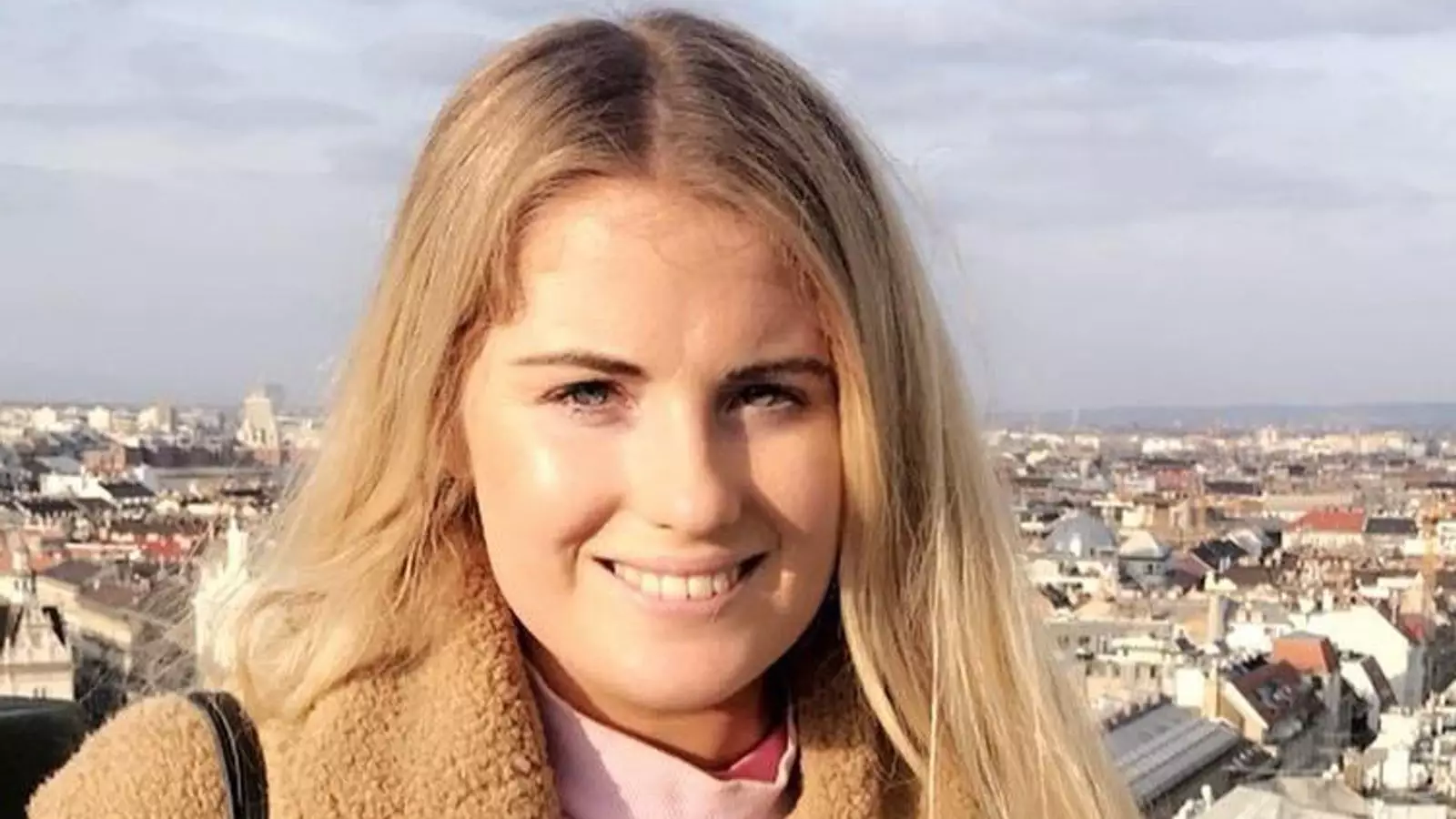Vang Vieng, a charming resort town in Laos, known for its stunning scenery and vibrant nightlife, has found itself at the center of a tragic story that has reverberated far beyond its lush landscapes. Recent reports reveal the devastating consequences of suspected methanol poisoning involving a group of tourists, including a British woman named Simone White. At just 28 years old, White succumbed to her illness after allegedly consuming “free shots” at a local bar, raising urgent alarms about safety practices in one of Southeast Asia’s popular backpacker destinations.
Methanol is a form of alcohol that is highly toxic and can lead to severe health complications and even death. It is often used illegally to cheapen the production of alcoholic beverages. Sadly, a series of recent incidents in Vang Vieng resulted not only in White’s death but also in the tragic loss of several other lives, including a 19-year-old Australian girl, Bianca Jones, and two Danish women in their 20s.
From a tourist’s perspective, consuming local spirits may seem adventurous and harmless but understanding the underlying risks of methanol poisoning is crucial. Often unnoticed in the euphoric haze of vacation, the true danger lies in the lack of regulation in many bars and clubs that cater to international visitors. According to reports, tourists can fall prey to methods employed by establishments aiming to boost profitability, resulting in perhaps fatal consequences.
The UK’s Foreign, Commonwealth and Development Office (FCDO) has acknowledged the death of White, emphasizing their commitment to support her family and other British nationals potentially impacted by this incident. Their involvement illustrates the seriousness of the situation and the need for increased awareness surrounding the consumption of alcoholic beverages, especially in foreign locales known for their relaxed attitudes towards safety regulations.
A Wake-Up Call for Travelers
Travel abroad should be about making unforgettable memories, but incidents like these serve as unfortunate wake-up calls. A friend of White, Bethany Clarke, took to social media urging fellow travelers to steer clear of local spirits in Vang Vieng and related her experience with a group of friends who became severely ill after drinking at the same bar. Clarke’s warning, aimed at preventing further tragedy, highlights a crucial necessity: travelers must prioritize their safety and extensively research local customs and health guidelines before indulging in the nightlife of a foreign country.
In an age of social media, information travels fast, and Clarke’s efforts to alert others underscore the power and responsibility that comes with sharing experiences. Her public statement on a Laos Backpacking Facebook group reverberates with urgency, resonating with those who may unknowingly enter similar risky situations.
The implications of this situation stretch beyond individual tragedies. It raises pressing questions about governmental responsibility and the need for heightened awareness of the dangers associated with consuming alcohol abroad. What protocols exist to educate tourists about the risks of methanol poisoning? How can local authorities improve safety measures in bars that cater to foreign visitors?
As the Australian Prime Minister, Anthony Albanese, noted, these incidents represent “every parent’s very worst fear.” His acknowledgment of the emotional toll on families caught in such scenarios serves as a reminder that every life lost represents a universe of loved ones affected by reckless choices and systemic negligence.
A Call for Change
The collective heartbreak experienced by families and communities calls for an urgent reevaluation of tourism safety standards. Yet beyond statistical oversight, a broader cultural shift is needed among travelers. Enthusiastic adventures should not come at the expense of personal wellbeing.
As we collectively mourn the loss of lives that could have been saved, it is pivotal to ensure that their stories do not fade away into obscurity. By advocating for safer practices and increasing awareness surrounding alcohol consumption abroad, perhaps we can prevent further tragedies. Travelers should feel empowered to ask questions and demand transparency from establishments that profit from the vibrant nightlife that draws in crowds.
Only then can we hope to return the focus of travel from grave misfortune back to the joyous experiences that it promises.

Leave a Reply